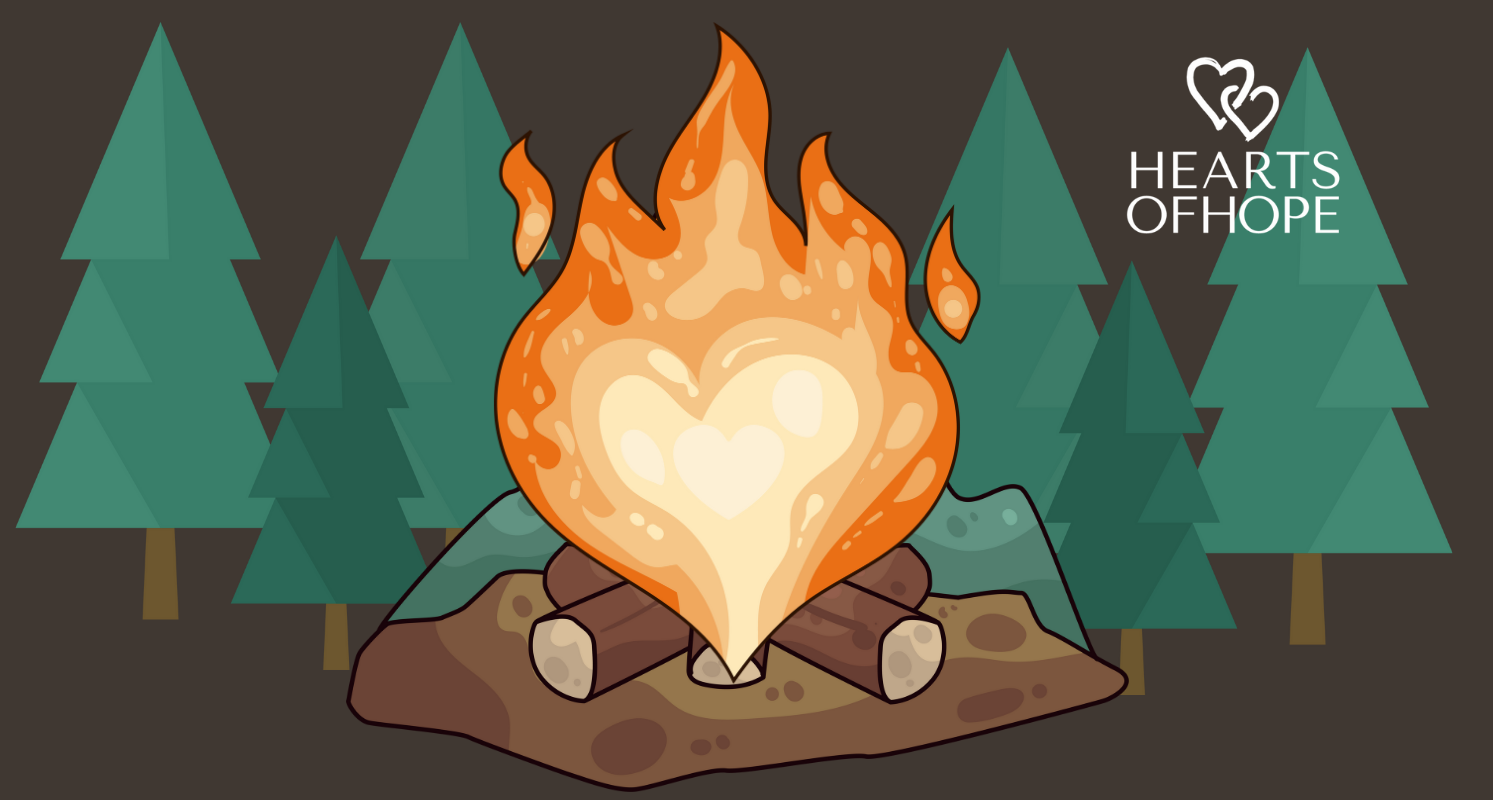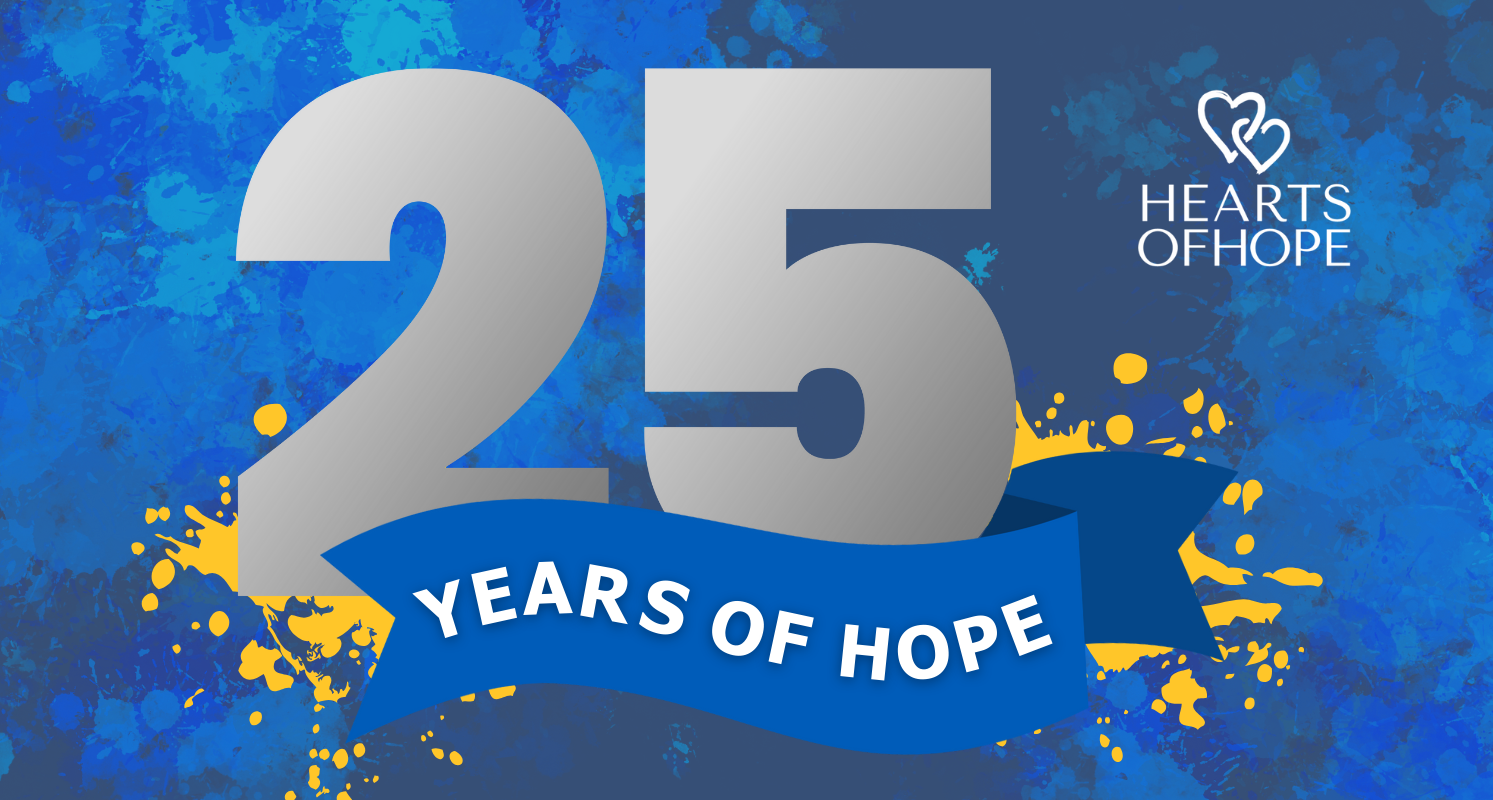Letters from Judy: When Does Grief Begin?


I started my career offering bereavement services as a hospice social worker, and those days supporting my patients and their families taught me so much about what I do now. The more families I met, the more I found myself asking the same questions over and over again: When does grief begin? Where is grief found? What defines grief?
When working with hospice patients, I knew they and their families were grieving not only because death was near, but also because it had been diagnosed as near. Their grief went beyond the straightforward anticipation of what was coming. It touched every part of their lives in a way I had also seen with my own family.
During that time, my own mom’s health was deteriorating. It had been for years. Mom had a long-term, degenerative disease, and Dad was her caregiver. He had always taken care of her. It was who he was and what he did.
What I didn’t know then was that Dad had been grieving for years. Over time, Mom and Dad’s friend group grew smaller and smaller. As Mom grew weaker, Dad stopped bowling with his team, stopped carpentry with his neighbors, and stopped planning periodic day trips with Mom. As often happens with caregivers, Dad’s own health challenges accelerated as well.
Eventually, Dad’s only daily activity became limited to a rushed visit to the grocery store or pharmacy. On those trips, he’d take a precious few moments to sit on a bench in front of the store and soak up the sun. Afterward, he returned home to his life of caregiving, loneliness, and isolation.
I learned with certainty that for my patients, their families, and my own dad, grief didn’t start at death. It began much earlier. The more I asked questions and observed, the more I understood that feelings of grief also extend far beyond loss from death.
Suffering a life-changing injury is a type of grief. Losing a job and financial security is a type of grief. Worrying for a loved one’s safety while they’re working as a police officer, firefighter, or paramedic is a type of grief.
Grief begins when life changes, and our assumptions about our lives shift, change, or end. When a life-altering event turns our normal upside down, we mourn the loss of control and comfort that goes with it.
Sadly, we don’t live in a world that encourages us to pause and grieve as we go through significant life changes. Many workplaces, officially, still offer only three paid days of bereavement leave following the death of an immediate family member. For our children, we hesitate to teach the language of grief and emotional resilience in schools. At Hearts of Hope, we are working to change that.
Education about grief begins with a pause the first time our lives are altered or changed—and every time after that.
Grief is a much more vast and varied experience than we’re used to seeing in movies or hearing about in the news. It isn’t just sadness and tears, though both can be profound and essential parts of grieving.
Every time life changes, even with the hectic pace of everyone’s lives, I encourage you to take a moment to pause. Reflect on what’s happening and how you are reacting. The emotions and reactions you feel may be grief.
Knowing more about grief doesn’t make it go away, but it does diminish the fear and uncertainty of intensely personal experiences. When we recognize we’re grieving, we can seek more information, lean on our support systems, and give ourselves grace and compassion.
How has grief surprised you? I’d love to hear your stories about loss or the most unexpected emotions you’ve encountered on your grief journey, and I hope you will share them with me. As you reflect, I offer you these guiding questions that can help expand your conception of grief.
Reflections for Identifying Grief
- What expressions of grief did you see growing up?
- What was the first major change you experienced in your life? How did you react?
- What do you think grief is supposed to look like?
- What changes are you experiencing in your life right now? Write down the specific aspects of those.
- How is your grief showing up today?
- Make a list of everything you expect grief to be. Then, for every entry, add one thing you have personally experienced or witnessed grief to actually be.
Until next time, I remain yours in hope,

To be the first to receive Letters from Judy and keep up with our events, success stories, and opportunities to get involved, subscribe to our newsletter here.


